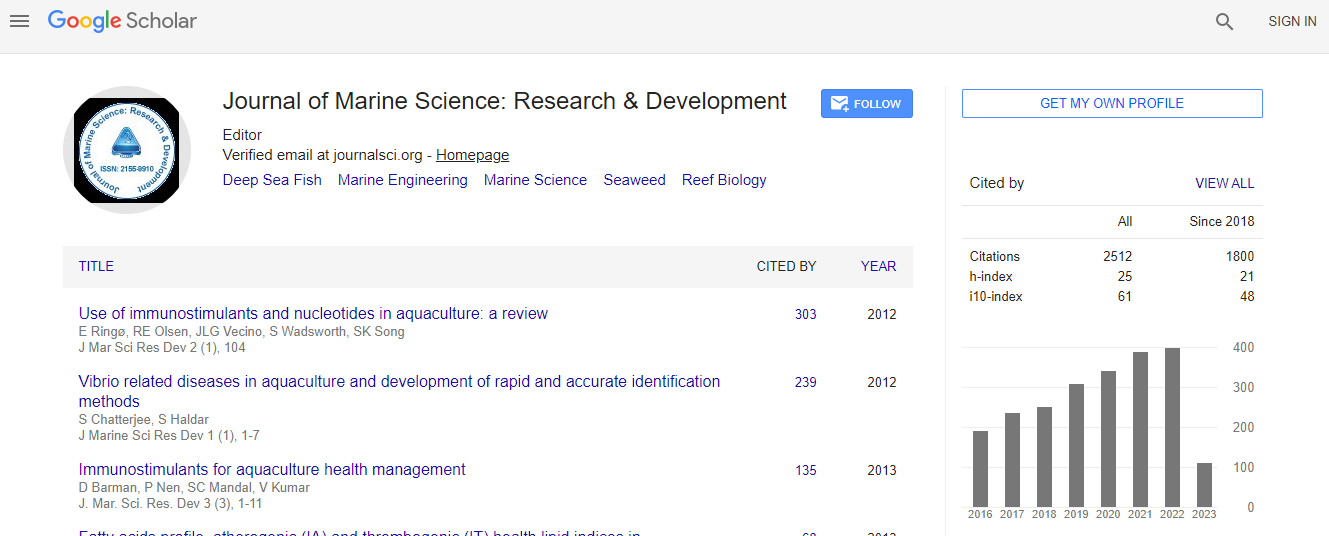Our Group organises 3000+ Global Conferenceseries Events every year across USA, Europe & Asia with support from 1000 more scientific Societies and Publishes 700+ Open Access Journals which contains over 50000 eminent personalities, reputed scientists as editorial board members.
Open Access Journals gaining more Readers and Citations
700 Journals and 15,000,000 Readers Each Journal is getting 25,000+ Readers
Google Scholar citation report
Citations : 3189
Indexed In
- CAS Source Index (CASSI)
- Index Copernicus
- Google Scholar
- Sherpa Romeo
- Open J Gate
- Genamics JournalSeek
- Academic Keys
- ResearchBible
- Ulrich's Periodicals Directory
- Electronic Journals Library
- RefSeek
- Directory of Research Journal Indexing (DRJI)
- Hamdard University
- EBSCO A-Z
- OCLC- WorldCat
- Scholarsteer
- SWB online catalog
- Virtual Library of Biology (vifabio)
- Publons
Useful Links
Recommended Journals
Related Subjects
Share This Page
The harrat al-birk basalts in southwest Saudi Arabia: A characteristic alkali mafic magmatism related to the red sea rifting
4th International Conference on Oceanography & Marine Biology
Rami A Bakhsh
Department of Mineral Resources and Rocks, Saudi Arabia
Posters & Accepted Abstracts: J Marine Sci Res Dev
Abstract
Harrat Al-Birk volcanics are products of Red Sea rift in southwest Saudi Arabia that started in the Tertiary and reached its climax ~5 Ma ago. This volcanic field is almost monotonous and is dominated by basalts that include mafic-ultramafic mantle xenoliths (gabbro, wesbsterite and garnet-clinopyroxenite). The present work presents the first detailed petrographic and geochemical notes about the host basalts. They comprise vesicular basalt, porphyritic basalt and flow-textured basalt, in addition to red and black scoria. Geochemically, the volcanic rock varieties of the Harrat Al-Birk are highly metaluminous, low- to medium-Ti, sodic-alkaline olivine basalt with enriched oceanic island signature but extruded in a within-plate environment. There are evidences of formation by partial melting with a sort of crystal fractionation that is more likely dominated by clinopyroxene and Fe-Ti oxides. The latter are abundant titanomagnetite and lesser ilmenite. There is a remarkable enrichment of LREEs and depletion in their Ba, Th and K, Ta and Ti. Accordingly, the geochemical data materialized in this work suggest Harrat Al-Birk basalts represent products of watersaturated melt that is silica undersaturated as well. This melt was brought to the surface due to partial melting of asthenospheric upper mantle in the form of enriched oceanic island source. Such a source is evolved as a subducted continental mantle lithosphere with considerable mantle metasomatism of subducted oceanic lithosphere that might contain hydrous phases in their peridotites. The fractional crystallization process was controlled by significant separation of clinopyroxene followed by amphiboles and Fe-Ti oxides particularly ilmenite. Accordingly, the Harrat Al-Birk alkali practiced a significant history of crystal fractionation that is completely absent in the exotic mantle xenoliths in the host basalts (e.g. Nemeth et al., 2014).Biography
I have cmpleted my PhD at the age of 35 years form Royal Holloway, University of London. I participated in different international scientific field trips, published in several ISI journals, and most of my publications are in the field of geochemistry of the hard rocks. I used to be the head of the Rocks and Mineral Resources Department in the Faculty of Earth Sciences in King Abdulaziz University, Saudi Arabia, and currently I am the vice dean of the faculty.
Email: rami_bk@yahoo.com

 Spanish
Spanish  Chinese
Chinese  Russian
Russian  German
German  French
French  Japanese
Japanese  Portuguese
Portuguese  Hindi
Hindi 